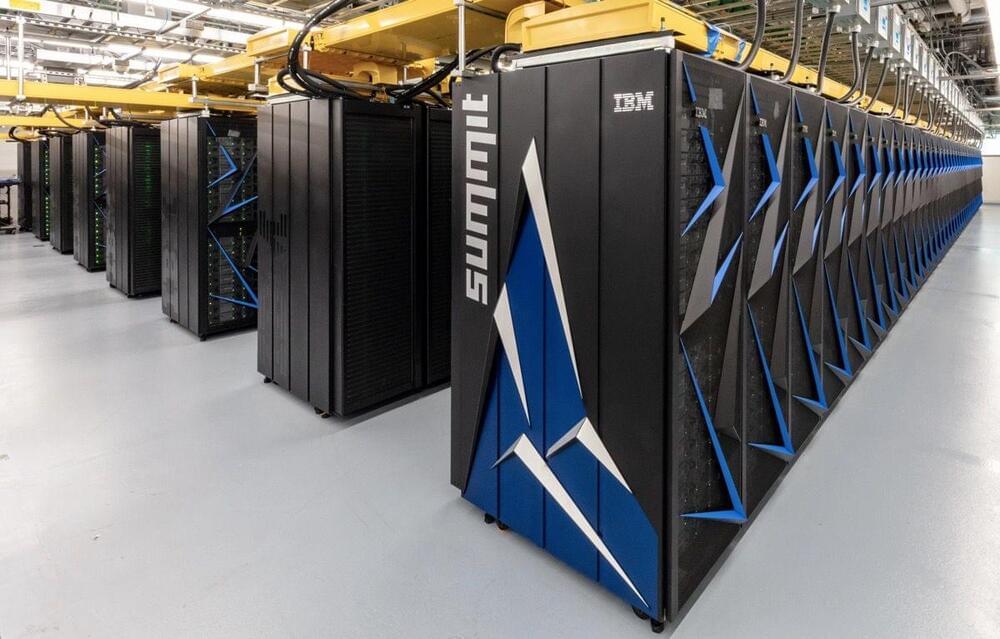The Guardian reports that the case revolves around George Defteros, a Victoria defense lawyer who previously represented Melbourne gangland figures. He sued Google over claims that its publication of search results showing a 2004 article defamed him.
The article from The Age implied that Defteros had become more than just a lawyer for criminal elements but was also a friend and confidant, crossing professional boundaries. The piece also reported on the murder charges Defteros faced in relation to the killing of three men. Prosecutors withdrew the charges in 2005.
Defteros’ lawyers contacted Google in February 2016 and asked it to remove the article, but Google refused as it said The Age was a reputable source. The piece was eventually removed in December 2016 after it had been accessed a further 150 times.






